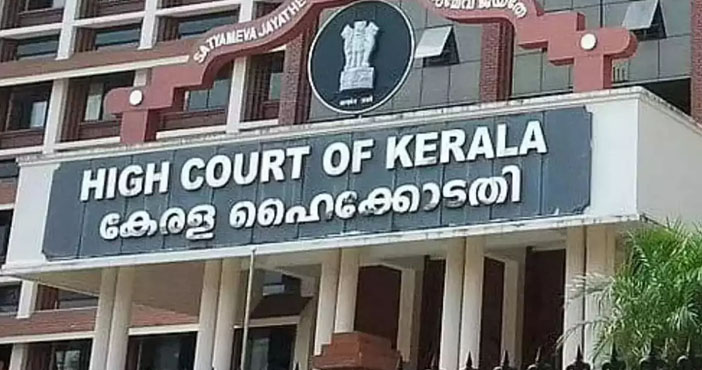
Excerpt: A film director, Mubeen Rauf, recently asked the high court to prevent critics from reviewing his movie for a week after it’s released in theaters. The High Court has given a clear decision on this matter.
In a recent legal development that has sparked discussions within the film industry, Mubeen Rauf, a film director known for his work on ‘Aromalinte Adyathe Pranayam,’ sought intervention from the high court to impose a temporary ban on film critics reviewing his movie for a week following its theatrical release. The High Court has now issued a ruling on this matter, which has implications for the realm of film critique and artistic expression.
The court’s verdict contains significant points that provide insight into their stance on the issue. It was decided that the police chief of Kerala should take affirmative measures against reviews that are evidently intended to disparage and damage the reputation of the film in question. The court made a crucial distinction, stating that critiquing a movie by highlighting its flaws is one thing, while expressing personal dislike for a movie due to subjective reasons is another.
In essence, the court upheld the value of professional film critics who offer constructive assessments of films and products. They emphasized the importance of freedom of expression when it comes to sharing informed opinions. However, the court also addressed a critical concern by highlighting the need to take legal action against those who engage in biased reviewing practices driven by vested interests, aimed at undermining a film’s success. “It is one thing to say the movie is bad due to these reasons, and another to say that I did not like a movie due to certain reasons,” the bench stated, as quoted by Livelaw.
This decision by the High Court carries implications not only for Mubeen Ruaf’s specific case but also for the broader discourse surrounding the freedom of artistic expression and film criticism in the digital age. It draws a line between legitimate critique and potentially malicious intentions, underscoring the importance of fostering an environment where constructive discussions can flourish without undue influence.













